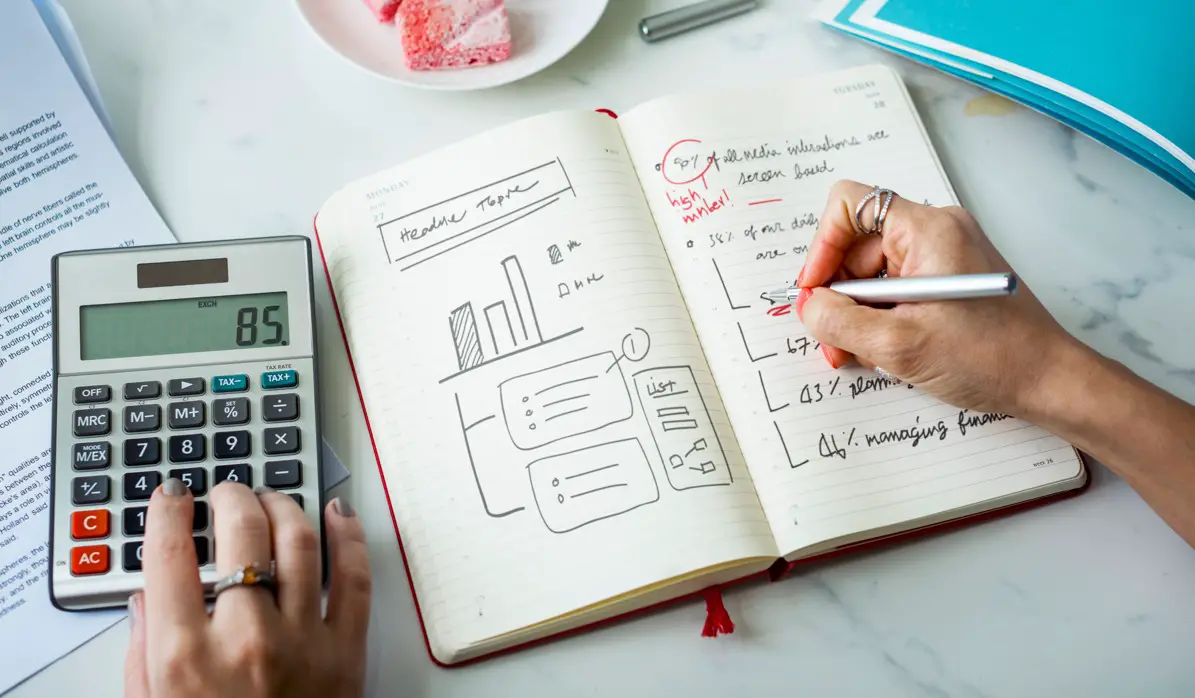How to Handle Accumulated Debt Effectively?
Introduction
Are you feeling overwhelmed by Handle accumulated debt? You’re not alone. Many people face financial challenges, but the good news is there are practical steps to regain control. This article offers clear strategies to address debt without compromising your principles or well-being. By reading on, you’ll discover actionable methods and inspiring examples that can transform your approach to debt management.
Table of contents
- How to Handle Accumulated Debt Effectively?
- 1. What Should You Do First When Dealing with Debt?
- 2. Why Is Prioritizing Debt Important?
- 3. How Can You Create a Realistic Repayment Plan?
- 4. What Are Ethical Ways to Boost Income?
- 5. Are Debt Consolidation or Negotiation Viable Options?
- 6. How Can You Avoid Future Debt Accumulation?
- 7. How Do Positive Habits Help Manage Stress?
- Conclusion
1. What Should You Do First When Dealing with Debt?
Start by assessing your financial situation thoroughly. A clear understanding of your income, expenses, and total debt is essential. Here’s how:
- List all debts: Include the outstanding amount, interest rate, and due dates.
- Track your expenses: Use tools like budgeting apps or a simple spreadsheet to categorize your spending.
- Calculate your disposable income: Subtract necessary expenses from your total income.
Example:
A recent study found that individuals who regularly review their budgets are 30% more likely to meet their financial goals than those who don’t.
2. Why Is Prioritizing Debt Important?
Not all debts are equal. To minimize financial stress, prioritize them based on urgency and cost.
- High-interest debts: Credit cards and payday loans should be tackled first.
- Essential obligations: Rent, utilities, and basic needs must be met to maintain stability.
- Secured debts: Mortgages or car loans should come next to avoid asset loss.
Case Study:
In 2021, a survey revealed that individuals who used the “debt snowball” method—paying off smaller debts first—reported greater motivation and success in clearing their balances.

3. How Can You Create a Realistic Repayment Plan?
A solid repayment plan is the cornerstone of debt management. Follow these steps:
- Set a budget: Limit non-essential spending to free up funds.
- Choose a strategy:
- Debt snowball: Focus on clearing small debts first for quick wins.
- Debt avalanche: Tackle high-interest debts first for long-term savings.
- Automate payments: Avoid missed deadlines by setting up auto-debits.
Tip:
Using a 50/30/20 budgeting rule—50% for needs, 30% for wants, 20% for debt and savings—can provide structure.

4. What Are Ethical Ways to Boost Income?
Increasing income can speed up debt repayment without straining your finances.
- Freelancing: Offer skills like writing, graphic design, or tutoring.
- Selling unused items: Declutter and sell items on platforms like eBay or local markets.
- Learning new skills: Upskilling in high-demand areas can lead to better-paying jobs.
Insight:
Research in 2023 indicated that individuals who diversified their income sources were 40% more likely to achieve financial stability within two years.
5. Are Debt Consolidation or Negotiation Viable Options?
Sometimes, consolidating or negotiating debts can provide relief.
- Debt consolidation: Combine multiple debts into one with a lower interest rate. Ensure the terms align with your financial principles.
- Debt negotiation: Communicate with creditors to request lower interest rates or extended deadlines. Many lenders appreciate proactive efforts.
Example:
A 2020 report by Experian highlighted that 70% of consumers who negotiated directly with creditors experienced reduced payments or favorable terms.
6. How Can You Avoid Future Debt Accumulation?
Once you’ve tackled current debts, staying debt-free requires discipline.
- Emergency fund: Save at least three to six months’ worth of expenses.
- Smart spending habits: Differentiate between needs and wants.
- Regular financial reviews: Assess your budget monthly to stay on track.
Statistic:
A 2019 financial behavior study found that individuals with emergency funds were 50% less likely to accumulate new debts during unforeseen crises.

7. How Do Positive Habits Help Manage Stress?
Dealing with debt can be emotionally draining, but positive habits can improve resilience:
- Practice gratitude: Focus on progress rather than setbacks.
- Seek support: Share your goals with trusted friends or family.
- Stay informed: Read books and articles on personal finance for inspiration.
Real-Life Example:
A couple in the UK overcame $25,000 in debt by combining mindfulness practices with consistent financial education.
Conclusion
Handling accumulated debt requires courage, strategy, and persistence. By prioritizing debts, creating realistic plans, and cultivating positive habits, you can regain financial freedom. Remember, every small step brings you closer to a debt-free life. Start today—your future self will thank you.
FAQ: Frequently Asked Questions
- What Is the Best Way to Deal with Unexpected Financial Crises?
Establish an emergency fund to cover at least three months of essential expenses. If you don’t have one yet, prioritize saving even small amounts regularly. For immediate relief, consider selling unused items or negotiating payment extensions with creditors. - Are There Apps That Can Help with Debt Management?
Yes, there are several budgeting and financial tracking apps like YNAB (You Need a Budget), and PocketGuard that provide tailored insights, track expenses, and offer strategies for repaying debt efficiently. - How Can I Stay Motivated While Paying Off Debt?
Break your goal into smaller milestones, such as paying off one debt at a time. Celebrate each achievement—whether it’s clearing a credit card balance or saving a specific amount—by treating yourself to a budget-friendly reward. - What Should I Do If My Debt Feels Overwhelming?
Seek professional guidance from a financial advisor or debt counselor. Many organizations offer free or low-cost consultations to help you develop a clear action plan tailored to your circumstances. - Can Debt Management Affect My Credit Score?
Yes, strategies like consolidating loans or negotiating with creditors can impact your credit score. However, consistent repayment and reduced debt levels will lead to long-term improvements in your credit rating.
Sources and References
- Experian, “The Benefits of Debt Consolidation,” 2020.
- The Effect of Student Loan Debt on Emergency Savings , ”2024
- Debt Snowball Method to Payoff Debt, ”2022
Image Resources:
- Designed by master1305plus / Freepik
- Designed by rawpixel.com / Freepik
- Designed by / Freepik
- pixabay.com
- unsplash.com
- pexels.com






